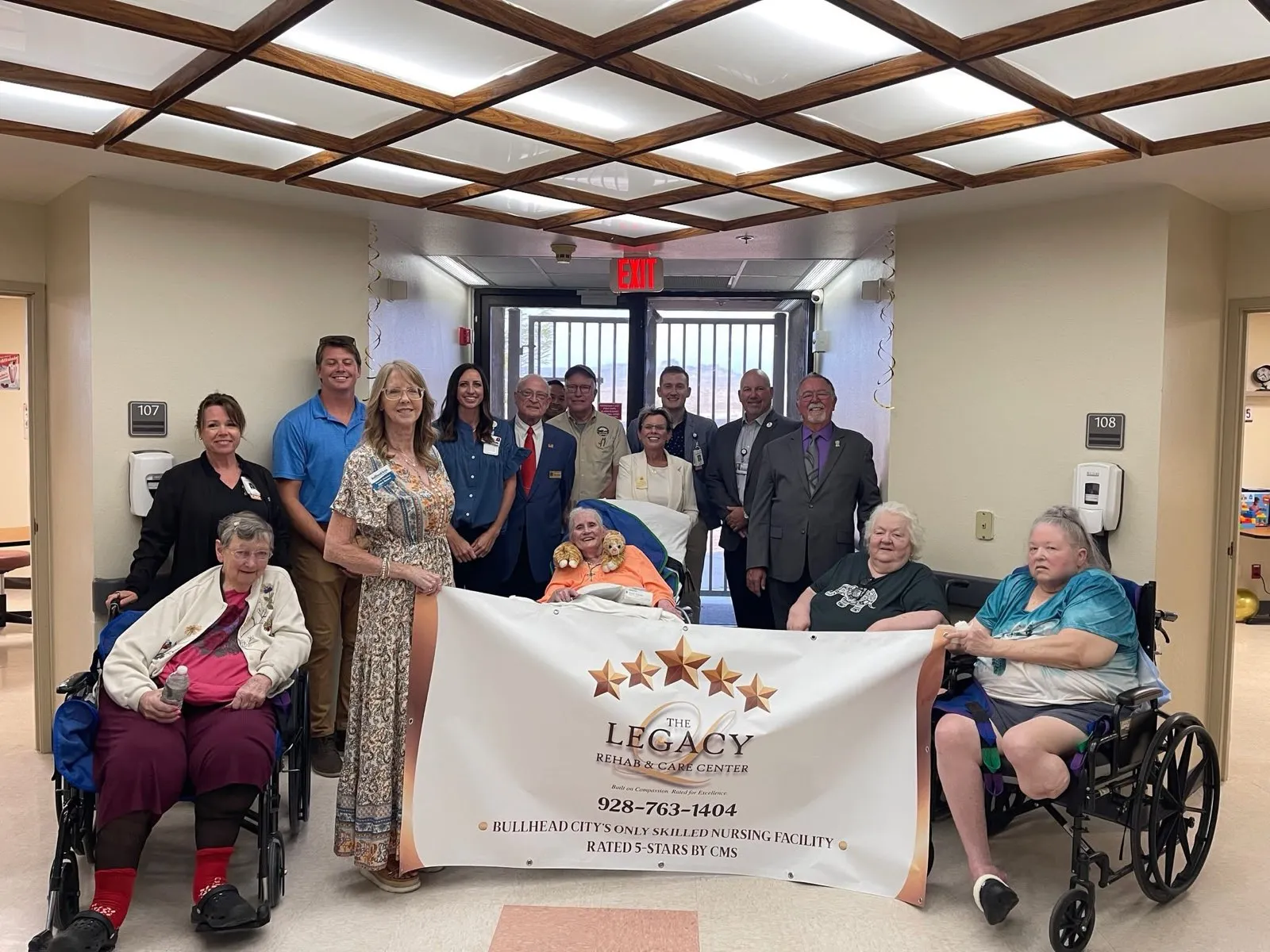NATION — In a pivotal moment for reproductive rights and the future of in vitro fertilization (IVF) in the United States, a Republican senator’s recent blockage of legislation designed to federally protect access to IVF and other assisted reproductive technologies has ignited a national debate. This legislative effort, spearheaded by Democratic Senator Tammy Duckworth of Illinois, comes in the wake of a controversial Alabama Supreme Court ruling that declared frozen embryos to be children under state law, a decision that has since led to the cessation of IVF treatments by several clinics within the state.
The Alabama ruling emerged from a lawsuit where embryos were accidentally destroyed, leading the state’s Supreme Court to apply the Wrongful Death of a Minor Act to the embryos. This interpretation has raised alarms about the potential for similar legal interpretations to spread, threatening IVF access not just in Alabama but across the nation. The ruling has been criticized for its broad implications on reproductive rights, with the American College of Obstetricians and Gynecologists among others, warning of a “concerning precedent” that could jeopardize IVF access in the United States.
Senator Duckworth, who has openly shared her personal journey with IVF, introduced the bill as a countermeasure to ensure that IVF and other assisted reproductive technologies remain accessible and legally protected. Duckworth’s initiative sought to build bipartisan support for reproductive technologies, positioning IVF as a crucial option for individuals and couples struggling with infertility. However, the block by Senator Cindy Hyde-Smith of Mississippi, who labeled the bill as a “vast overreach,” has spotlighted the political and ideological divides that continue to shape the discourse around reproductive health and rights in the country.
In the aftermath of the Alabama Supreme Court’s decision, IVF clinics in the state have faced immediate and significant challenges. At least three fertility clinics in Alabama have paused or halted their IVF treatments, citing legal uncertainties and the risk of facing civil or criminal charges for the destruction of embryos. This has left many patients in limbo, seeking alternatives for continuing their fertility treatments and, in some cases, considering out-of-state options to pursue their hopes of starting a family.
The controversy has not only drawn attention to the legal and ethical dimensions of IVF but also to the broader conversation about reproductive rights in the post-Roe v. Wade era. As lawmakers in Alabama and beyond grapple with the implications of the ruling, the debate underscores the complex interplay between law, medicine, and morality in shaping policies that affect the lives of countless individuals seeking to become parents through assisted reproductive technologies.
Amidst the upheaval, the response from both sides of the political spectrum highlights the nuanced positions within the debate over reproductive technologies. While some Republicans have expressed support for IVF, arguing for its distinction from abortion-related issues, the legislative blockage suggests a more complex party stance. Senator Hyde-Smith’s objection, predicated on concerns of overreach, contrasts sharply with the vocal support IVF has received from other Republican figures, including former President Donald Trump, who urged Alabama lawmakers to preserve IVF access in the state. This dichotomy within the Republican Party underscores the ongoing struggle to reconcile broad anti-abortion sentiments with the specificities of IVF and assisted reproductive technologies.
On the other side, Democrats have seized upon the Alabama Supreme Court ruling and the subsequent blockage of federal protections for IVF as emblematic of the broader threats to reproductive rights in a post-Roe landscape. Senator Duckworth, along with others like Senator Elizabeth Warren, has framed the issue as part of a larger conservative agenda to exert control over women’s bodies and reproductive choices. Their criticisms point to a perceived inconsistency in Republican support for IVF, highlighting the broader implications of anti-abortion policies on reproductive technologies.
The legal ramifications of the Alabama Supreme Court’s decision extend beyond the immediate halt of IVF treatments in the state. Legal experts and medical professionals alike have voiced concerns over the precedent it sets for the legal status of embryos and the potential for similar rulings to affect IVF access nationwide. The decision, which aligns with Alabama’s stringent anti-abortion laws, signals a possible future where the legal recognition of embryos as children could challenge the viability of IVF and other reproductive technologies across the country.
Patients and families caught in the crossfire of this legal and ideological battle face significant emotional and financial strain. Stories of individuals like Gabrielle Goidel and Kelly Belmont, who have had to reconsider their fertility plans in light of the ruling, exemplify the personal toll of the ongoing debate. The uncertainty and legal jeopardy surrounding IVF have propelled many to seek treatments elsewhere, underscoring the profound impact of state-level legal decisions on individuals’ reproductive choices and the pursuit of parenthood.
Amidst the contention, efforts are underway within Alabama to mitigate the ruling’s impact on IVF access. State lawmakers, including both Democrats and a Republican senator, have proposed legislation aimed at safeguarding IVF clinics from the potential legal fallout of the Supreme Court’s decision. These legislative endeavors, coupled with assurances from Alabama’s Attorney General that the ruling will not be used to prosecute fertility clinics, reflect a localized pushback against the broader implications of the ruling. Nonetheless, the ongoing national debate reveals the deep divides and the uncertain future of reproductive rights and technologies in America.
The resistance to Senator Duckworth’s bill, particularly from Senator Cindy Hyde-Smith, illuminates the deep-seated tensions within the political landscape over reproductive technologies and rights. Hyde-Smith’s objection, based on the premise of the bill being an overreach, underscores a broader national debate on the balance between protecting life and ensuring access to reproductive health services. This debate is not new but has found a renewed focal point in the IVF discussion, reflecting the ongoing struggle to define the legal and moral status of embryos within the United States’ judicial and legislative frameworks.
Amidst this contentious backdrop, the personal stories of those impacted by the Alabama Supreme Court ruling and the legislative standoff in Congress have come to the forefront. Senator Duckworth’s own narrative of struggling with infertility and ultimately building her family through IVF serves as a poignant reminder of the stakes involved. It personalizes the debate, moving it beyond abstract legal arguments to the very real experiences of individuals and families navigating the challenging journey towards parenthood. Duckworth’s story, shared on the Senate floor, has amplified the voices of many who fear that their own paths to family building could be jeopardized by legal restrictions on IVF.
The response from medical and reproductive rights organizations to the Alabama ruling and the subsequent political developments has been overwhelmingly critical. These organizations argue that the decision to classify frozen embryos as children under state law, and the hesitation to protect IVF at the national level, could have far-reaching consequences for reproductive healthcare in America. They warn of a slippery slope, where the legal uncertainties surrounding IVF could lead to reduced access to this essential fertility treatment, impacting not just those in Alabama but potentially individuals and couples across the country.
In Alabama, the immediate aftermath of the Supreme Court ruling has been a climate of uncertainty and fear among IVF clinics and their patients. Clinics have paused treatments, citing the legal gray area now surrounding the handling of embryos. This pause in services has not only disrupted ongoing fertility treatments but has also sent a chilling effect through the broader community of prospective parents. Many are now anxiously watching as the situation unfolds, worried about their future ability to access IVF and other assisted reproductive technologies within their own states.
Efforts to legislate protections for IVF at the state level in Alabama, spearheaded by both Democratic and Republican lawmakers, signal a recognition of the need to safeguard access to fertility treatments amidst the legal controversies. These legislative attempts, while still in their infancy, represent a critical juncture in the ongoing debate over reproductive rights and the definition of personhood. They also highlight the complex interplay between state and federal jurisdictions in determining the fate of reproductive healthcare services in the United States.
As the nation grapples with these legal and ethical quandaries, the broader implications for reproductive rights and technologies like IVF are becoming increasingly apparent. The debate over IVF and the status of frozen embryos touches on fundamental questions about the beginning of life, parental rights, and the role of government in regulating reproductive technologies. This discourse is not isolated to Alabama or the United States; it resonates with global conversations about fertility treatments, bioethics, and the intersection of law and medicine. The outcome of this debate could set precedents that influence reproductive health policies and practices well into the future, affecting generations of families yet to come.
The polarized reactions to the Alabama Supreme Court ruling and the federal legislative efforts reflect a deeply divided society on issues of reproductive autonomy and technological intervention in the natural processes of conception and childbirth. Amidst these debates, the personal impacts on individuals and families cannot be overstated. The stories of those who have turned to IVF as a means of overcoming infertility highlight the profound emotional and financial investments involved in the process. For many, the legal uncertainties now cast a shadow over their dreams of parenthood, introducing a layer of complexity and anxiety that compounds the challenges of infertility. The narratives of hope, struggle, and uncertainty that emerge from this issue underscore the deeply human aspect of the technological and legal discussions surrounding IVF.Supporters of IVF and reproductive rights advocate for the freedom to access medical technologies that can alleviate the burdens of infertility, arguing for a broader definition of family building that includes assisted reproductive technologies. Opponents, however, often driven by ethical, religious, or philosophical convictions, caution against the potential implications of such technologies, advocating for more stringent regulations on the grounds of protecting potential life
The future of IVF and assisted reproductive technologies in the United States remains uncertain, with legal, political, and ethical battles likely to continue unfolding across various states and in the federal government. As this issue evolves, it will undoubtedly remain at the forefront of national discourse on reproductive rights, medical ethics, and the role of technology in society. The resolution of these debates will not only determine the accessibility of IVF for countless individuals and couples but also shape the broader landscape of reproductive healthcare and rights in America.
—Stephen Lightman








